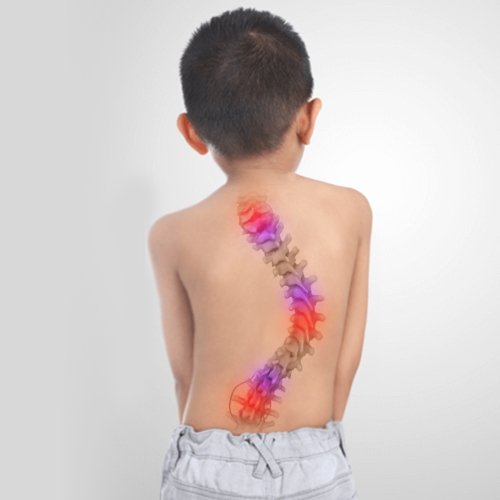PLAN YOUR TRIP
FOR SPINE SURGERY
IN INDIA
Find Relief and Enhance Mobility with Effective Spinal Stenosis Treatments
Spinal stenosis is a common condition that affects the spinal column, causing narrowing of the open spaces within the spine. This narrowing can put pressure on the spinal cord and nerves, leading to a range of symptoms. In this article, we will delve into the key aspects of spinal stenosis, including its symptoms, causes, exercises, and available treatment options.
Spinal Stenosis Symptoms:
Spinal stenosis symptoms can vary depending on the location of the condition within the spine. Here are the common symptoms associated with spinal stenosis:
1. Leg pain or cramping:
- Dull or aching pain in the buttocks, thighs, or calves.
- Pain that worsens with walking or prolonged standing.
- Relief from pain when sitting or leaning forward.
2. Back pain:
- Chronic or intermittent pain in the lower back.
- Discomfort that may extend to the neck or upper back in some cases.
3. Numbness or weakness:
- Tingling sensation or numbness in the legs, buttocks, or feet.
- Weakness in the affected area, leading to difficulty walking or performing daily activities.
Spinal Stenosis Exercises:
Spinal Stenosis exercises can help alleviate the symptoms of spinal stenosis and improve overall mobility. However, it is crucial to consult with a healthcare professional or physical therapist before starting any exercise program. Here are some recommended exercises:
1. Low-impact aerobic exercises:
- Walking on flat surfaces or using a stationary bike.
- Swimming or water aerobics to reduce impact on the spine.
2. Flexibility exercises:
- Gentle stretching of the back, hamstrings, and hip flexors.
- Yoga or tai chi to improve flexibility and balance.
3. Core strengthening exercises:
- Abdominal exercises, such as pelvic tilts and gentle crunches.
- Planks and bridges to strengthen the core muscles supporting the spine.
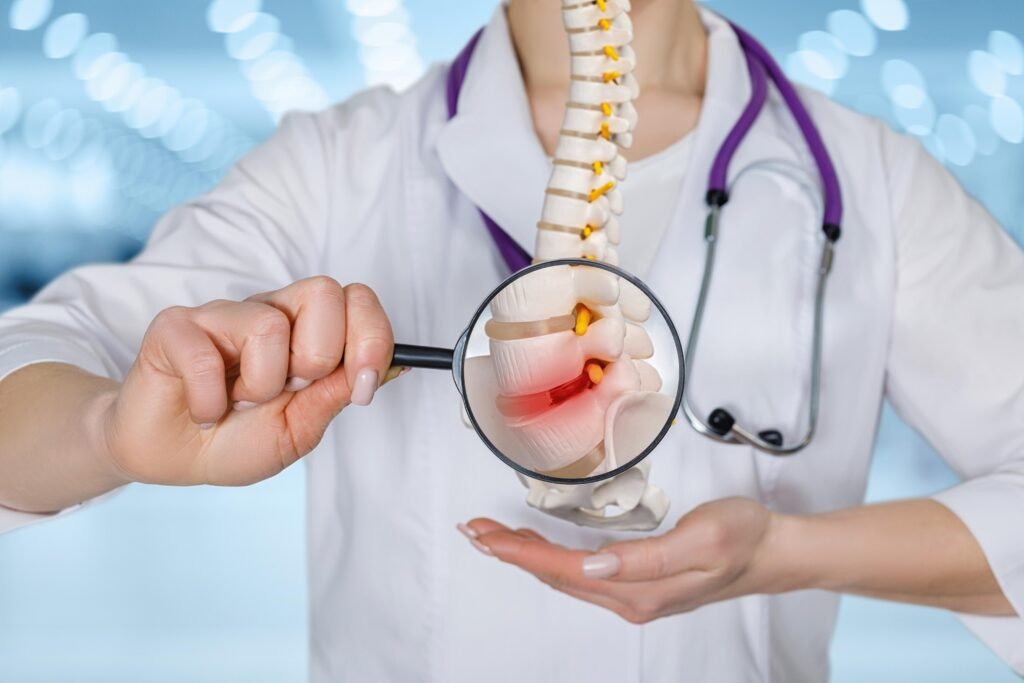
Spinal Stenosis Cervical:
Spinal stenosis can occur in different regions of the spine, including the cervical spine (neck area). Here’s what you need to know about cervical spinal stenosis:
1. Symptoms:
- Neck pain and stiffness.
- Radiating pain or numbness in the shoulders, arms, or hands.
- Weakness in the arms or hands.
- Difficulty with balance and coordination.
2. Spinal Stenosis Treatment options:
- Non-surgical approaches:
Physical therapy, pain management, and cervical traction.
Surgical intervention:
Decompression surgery to relieve pressure on the nerves.
Spinal Stenosis Exercises to Avoid:
While exercises can be beneficial, certain activities may exacerbate spinal stenosis symptoms. Here are exercises to avoid spinal stenosis.
1. High-impact activities:
- Running or jogging on hard surfaces.
- High-impact aerobics or jumping exercises.
2. Heavy lifting:
- Weightlifting exercises that strain the back and spine.
- Improper lifting techniques that increase pressure on the spine.
Spinal Stenosis Surgery:
When conservative treatments fail to provide relief, spinal stenosis surgery may be recommended. Here’s an overview of surgical options:
1. Decompression surgery:
- Laminectomy or laminotomy to remove bone or tissue causing compression.
- Foraminotomy to widen the nerve root openings.
- Discectomy to remove herniated discs.
2. Spinal fusion:
- Joining two or more vertebrae to stabilize the spine.
- Fusion may involve using bone grafts or implants.
Spinal Stenosis Causes:
Spinal stenosis causes, include:
1. Degenerative changes:
- Wear and tear of the spinal discs and joints due to aging.
- Osteoarthritis, leading to the growth of bone spurs.
2. Herniated discs:
- Discs that bulge or rupture, exerting pressure on the spinal cord or nerves.
3. Genetic factors:
- Some individuals may inherit a narrow spinal canal, making them more prone to stenosis.
Spinal Stenosis Therapies:
In addition to exercises and surgery, there are other therapeutic approaches to manage spinal stenosis:
1. Medication:
- Nonsteroidal anti-inflammatory drugs (NSAIDs) for pain and inflammation.
- Muscle relaxants to ease muscle spasms.
2. Epidural steroid injections:
- Injections of corticosteroids into the spinal canal to reduce inflammation and alleviate pain.
Conclusion:
If you’re looking for a specialist doctor or surgeon for Spinal Stenosis in Mumbai, you’ve come to the right place. Mumbai is home to several highly skilled professionals who specialize in the diagnosis, treatment, and management of Spinal Stenosis. Whether you require a specialist doctor or an experienced surgeon, Mumbai offers a range of options to cater to your needs. These specialists have expertise in various treatment approaches, including non-surgical and surgical interventions. They can provide personalized care to help alleviate your symptoms and improve your quality of life. Don’t let Spinal Stenosis hold you back – explore the options available in Mumbai for effective treatment and expert care.
If you are in search of the Best Spine Surgeon Mumbai , then look no further than Dr. Priyank Patel. With over 13 years of experience in spinal surgery, he has become one of the most renowned and respected spinal surgeons in the country. He is known for his exceptional surgical skills and patient-centric approach, which has earned him a reputation as one of the most trustworthy and reliable surgeons in the industry. Dr Priyank’s extensive experience in dealing with complex spinal problems has made him a go-to surgeon for patients from across the world. So, if you are looking for a spine surgeon who is not only skilled but also compassionate, then Dr. Priyank is the right choice for you.
Frequently Asked Questions
Spinal stenosis is a condition characterized by the narrowing of the spinal canal, resulting in the compression of the spinal cord and nerves. This narrowing can lead to various symptoms, including pain, numbness, and muscle weakness in the affected areas.
The newest treatment options for spinal stenosis include minimally invasive procedures such as epidural steroid injections, radiofrequency ablation, and interspinous process devices. These techniques aim to provide pain relief and improve mobility without the need for extensive surgery.
In the final stages of spinal stenosis, individuals may experience severe and chronic pain, significant loss of mobility, and an increased risk of neurological complications. These complications can include muscle weakness, numbness, and difficulty with bladder or bowel function.
Non-surgical treatment options for spinal stenosis include physical therapy, pain management techniques (such as medications and injections), chiropractic care, and exercise programs designed to improve flexibility and strengthen the core muscles supporting the spine. Additionally, lifestyle modifications, such as weight management and posture improvement, can also help manage the condition.
Spinal stenosis is typically diagnosed through a combination of medical history review, physical examination, and diagnostic tests. These tests may include imaging studies like X-rays, MRI scans, or CT scans, which can provide detailed images of the spine and help identify the narrowing of the spinal canal or nerve compression.
Spinal stenosis can worsen over time due to several factors, including the natural aging process, degenerative changes in the spine, the development of bone spurs, and the progression of conditions like arthritis or herniated discs. Factors like poor posture, obesity, and previous spinal injuries may also contribute to the worsening of spinal stenosis symptoms.
Symptoms of spinal stenosis can vary but often include leg pain or cramping, back pain, numbness or weakness in the legs or buttocks, and difficulty walking or maintaining balance. Symptoms may worsen with activity and improve with rest or when leaning forward.
Spinal stenosis treatment depends on the severity of symptoms and may involve both non-surgical and surgical approaches. Non-surgical treatments include physical therapy, pain management techniques, exercises, and lifestyle modifications. In more severe cases, surgery may be recommended to relieve pressure on the spinal cord or nerves.
Patient Information
Conditions
Treatments
Preventive Care
Our Approach
At The We are spine we offer the most advanced and
effective bespoke treatment packages to suit your needs
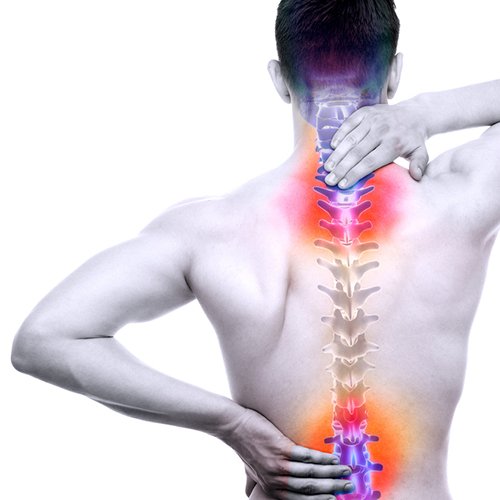
Assessment
For effective pain treatment, it is imperative to diagnose the underlying condition.
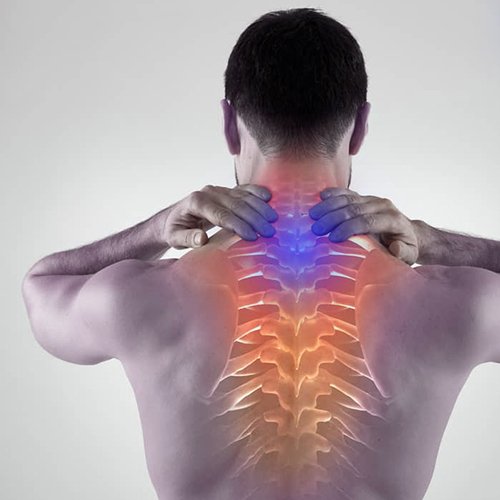
Surgery
We advise surgical intervention only when the risk of surgery is far lower than the risk of leaving…
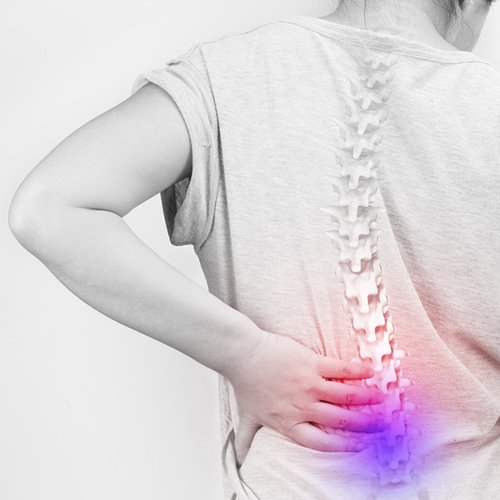
Rehab
We guide individuals on how to prevent first or recurrent back pain by suggesting lifestyle…
About Dr. Priyank Patel
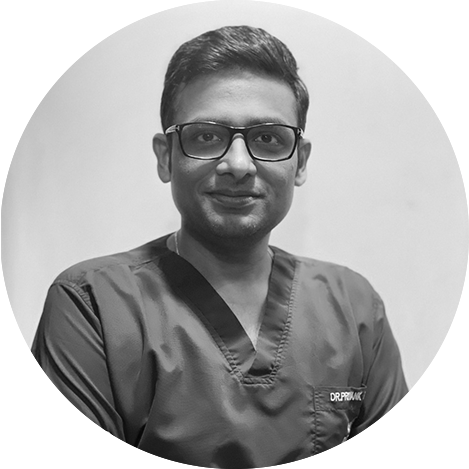
Dr. Priyank M Patel, specialises in the surgical and non-surgical management of spine related disorders with sub specialty in spine tumours. He was credited with being one of the youngest independent surgical consultants in India to have been empanelled in a leading tertiary hospital in Mumbai.
Dr. Priyank Patel with over 13 years of experience in spinal surgery, he has become one of the most renowned and respected spinal surgeons in the country. He is known for his exceptional surgical skills and patient-centric approach, which has earned him a reputation as one of the most trustworthy and reliable surgeons in the industry. Dr Priyank’s extensive experience in dealing with complex spinal problems has made him a go-to surgeon for patients from across the world. So, if you are looking for a spine surgeon who is not only skilled but also compassionate, then Dr. Priyank is the right choice for you.
Patients’ Testimonials
Trustindex verifies that the original source of the review is Google. एक Doctor के रूप मे ईश्वर का वरदान हें dr. Bhojraj आपको spine से सम्बंधित किसी भी समस्या के लिये निश्चित ही bhojraj sir से सम्पर्क कर लेना चाहिए । मेरी सर्जरी भी मार्च 2010 में Lilawati hospital Mumbai में उन्हीं के द्वारा अत्यंत सफलतापूर्वक की गई थी, बहुत सरल,शांत व अपने कार्य को समर्पित व्यक्ति हें dr.Bhojraj sirTrustindex verifies that the original source of the review is Google. One of the finest surgeons in India.His patience, knowledge and demeanor stills confidence. He saved me from an imminent surgery advised by another doctor. Dr Bhojraj looks at a patient and assesses the situation instead of blindly relying on reports. He cured me naturally with extreme patience and care.Hats off to him.A great boon to medical worldTrustindex verifies that the original source of the review is Google. My best 💯 Doctor dr shekhar bhojraj Jai hind sir Aapka dannewaad aap ne mujhe naya Jivan diye thanks🙏🙏🙏🙏🙏Trustindex verifies that the original source of the review is Google. The BEST....Life saviour for us
